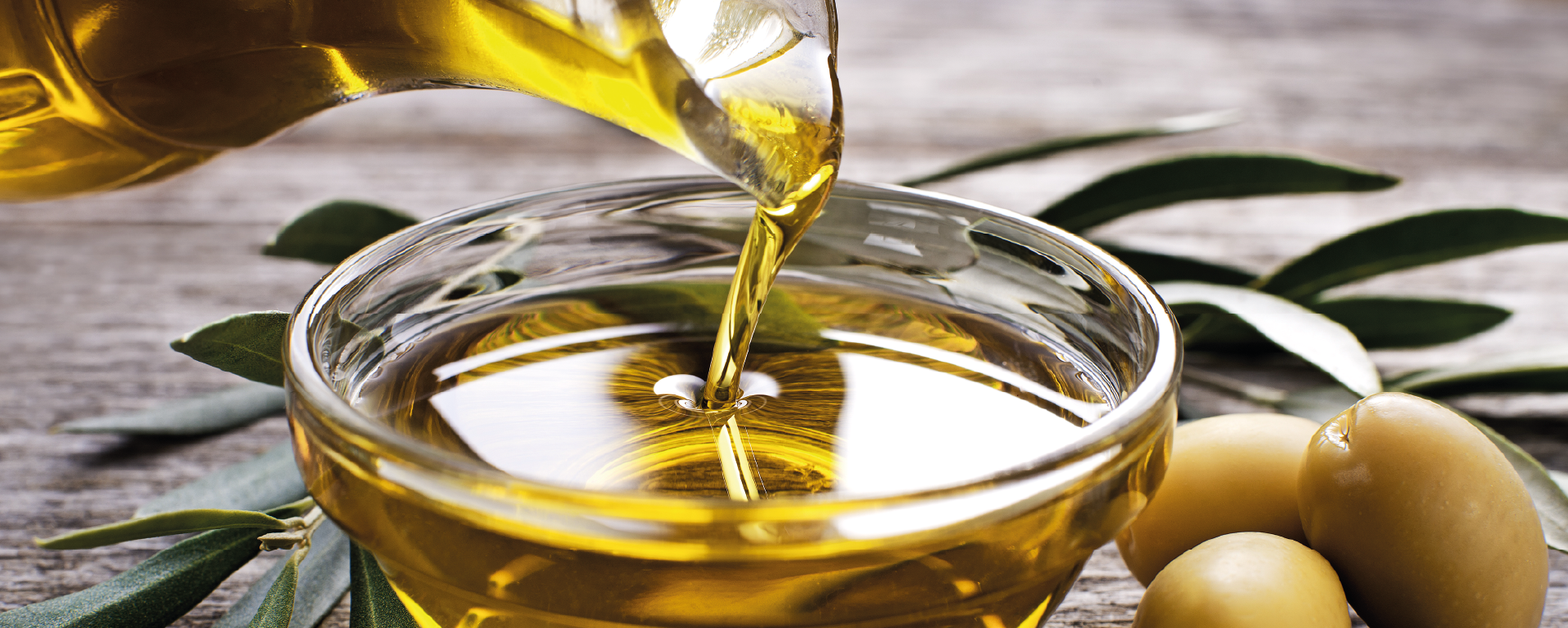WHITEPAPER


Olive oil, renowned for its health advantages and versatility in cooking, has garnered global attention for promoting longevity and overall well-being. However, beneath this importance lies a lesser-known, darker narrative.
Olive oil adulteration is driven by economic motives and increasing global demand. This practice involves the deliberate dilution or substitution of genuine olive oil with inferior, cheaper oils. Consequently, this compromises flavour, nutrition, and economic sustainability, while tarnishing the reputation of legitimate producers.
The scale of adulteration in the industry is vast and intricately woven into the supply chain, making detection and prevention challenging. In addition, current assessment methods can be slow, subjective and unreliable. As a result, there remains a need for a more rapid screening solution that can be deployed at the point of goods receipt.
100% accuracy in detecting adulteration at 5% levels and above allowing quality teams to catch compromised batches before they tarnish brand reputation
Low average error in predicting olive oil percentage providing data to grade incoming shipments based on actual quality
Consistent performance across sunflower and canola oil adulterants demonstrating reliable results even when dealing with the most common forms of olive oil fraud
Learn how this technology helps oil buyers verify quality, protecting brand reputation while ensuring fair pricing based on actual quality rather than supplier claims.
Read more in the white paper.
(Available in English)
Having trouble accessing the download? Email us at [email protected] and we’ll send the document directly to you.